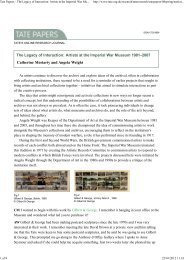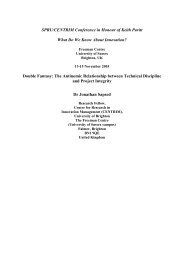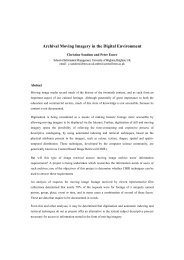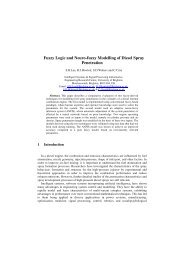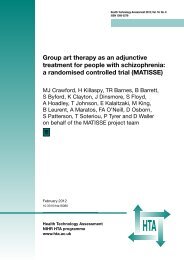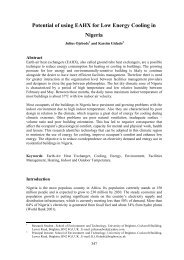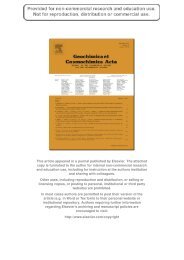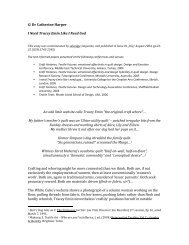NESTA Crime Online - University of Brighton Repository
NESTA Crime Online - University of Brighton Repository
NESTA Crime Online - University of Brighton Repository
Create successful ePaper yourself
Turn your PDF publications into a flip-book with our unique Google optimized e-Paper software.
few simple words and a web link, which when clicked, downloads malicious code to steal<br />
data, according to a survey <strong>of</strong> major computer company’s security division.<br />
“Spamvertised sites” also are found in many spam e-mails which contain links to a<br />
website or websites, which <strong>of</strong>fer products, ranging from adult entertainment to financial<br />
services to health products. The survey also claims that Russia continues to be the<br />
biggest single originator <strong>of</strong> spam (the starting point <strong>of</strong> 11 per cent <strong>of</strong> the world’s junk).<br />
Turkey is second (8 per cent) and the U.S. (7.1 per cent) third. 197<br />
Slammed for spamming<br />
Facebook, the popular online social networking site, has won an $873 million judgment<br />
against a Canadian man, Guerbuez, who bombarded the popular site with sexually<br />
explicit spam messages. He fooled its users into providing him with their user names<br />
and passwords by using fake websites. After Guerbuez gained access to users’ personal<br />
pr<strong>of</strong>iles, and used computer programs to send out more than four million messages<br />
promoting a variety <strong>of</strong> products, including marijuana and adult toys during March and<br />
April 2008. The size <strong>of</strong> the judgment illustrates how seriously authorities regard<br />
spamming.<br />
Source: Michael Liedtke, (2008), “Facebook wins $873M judgment against sex, drugs<br />
spammer,” Silicon.com. 24 th November.<br />
Spammers are also recycling old techniques, such as voice phishing (or vishing). A<br />
convincing e-mail is sent to an unsuspecting victim, with all links leading to<br />
corresponding, legitimate target pages. But there is a bogus telephone number for<br />
recipients to call to reactivate their account, which had been supposedly placed on hold.<br />
When recipients call the number they are asked for their bankcard number and PIN,<br />
which opens their bank accounts to the fraudsters. 198<br />
Lovet, 2006). Dirty Money on the Wires: The Business Models <strong>of</strong> Cyber Criminals. Virus Bulletin Conference,<br />
October 11-13, Montreal.<br />
197 Survey conducted by IBM’s X-Force security division, referred to in John Leyden, (2008), “Cybercrooks get<br />
faster, further, nastier,” The Register, 29 th July.<br />
198 Trend Micro (2008), “Cyber criminals reinvent methods for malicious attacks.<br />
Page 65




